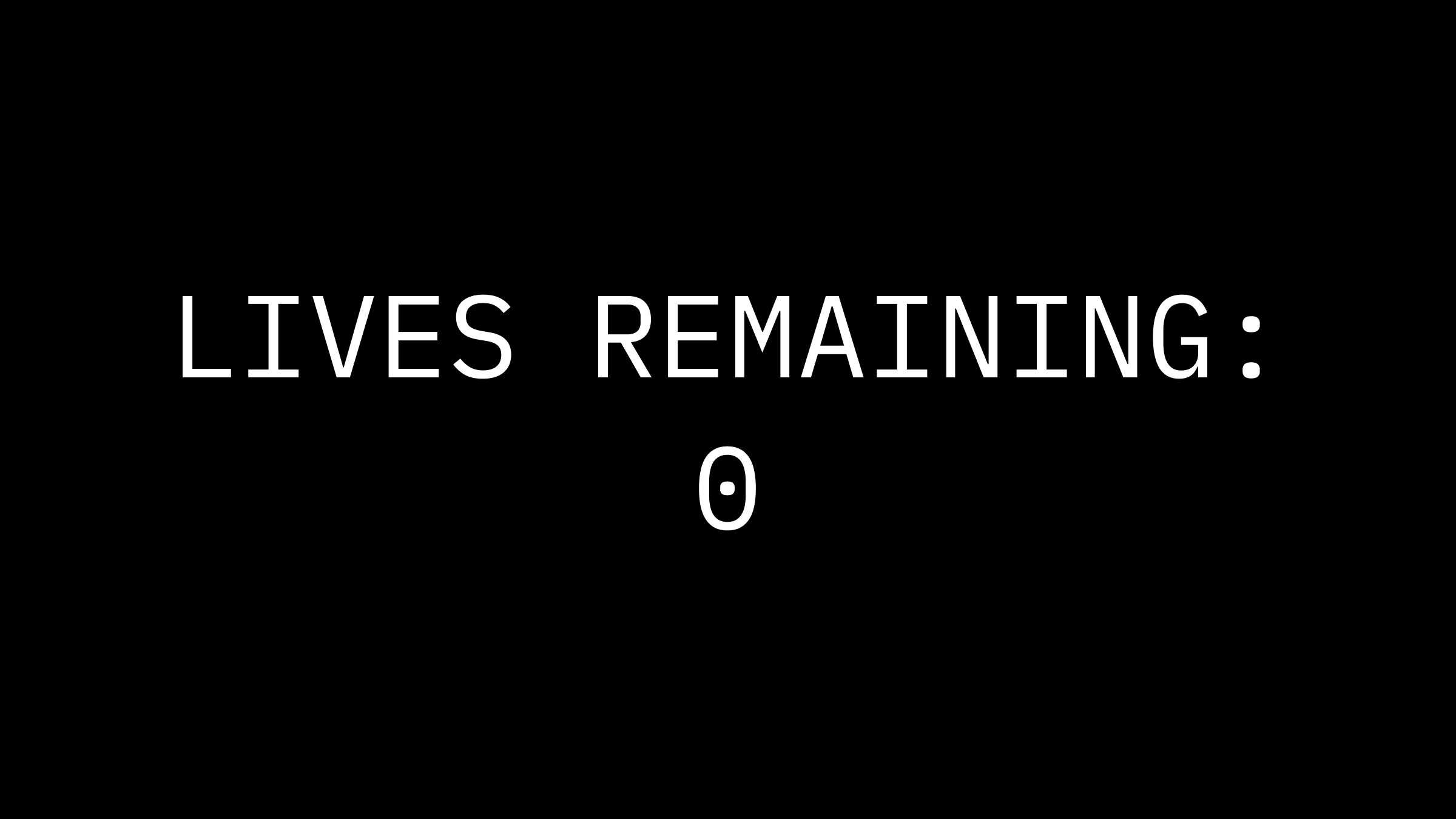
Notes on
Without Their Permission
by Alexis Ohanian
• 8 min read
Ohanian would always volunteer to be the demo person—to stand in front of the class. The professor launded him for his effort. He said it was important to show up and to stand up.
As a (potential) founder, having the ability to build is immensely valuable.
The only essential thing for a startup is growth.
Don’t dwell on the past. Not your accomplishments nor your losses.
Networking is incredibly important. See if you can join startup founder networks, etc.
Interesting story bits
Alexis and Steve (Huffman, Spez) would first get rejected from YC, but would then get a call from PG asking them to join—if they changed their idea.
Yahoo told the Reddit founders that Reddit was a rounding error. Alexis used it for motivation.
How to get better at public speaking
How to get better at public at public speaking, a few tips given after a chapter on his first TED talk (about Mister Splashy Pants):
- Listen to yourself speak (not watch; pay attention to the words. Ums, etc. which jokes work?)
- Test, analyze, repeat.
- Find speeches by great speakers and learn from them.
- Do what Louis C.K does: scrap everything you have every year. To improve, you have to destroy what you currently have.
Lives Remaining: 0
Growing up, Alexis Ohanian had the words “LIVES REMAINING: 0” written on the wall in his room.
I made what I imagined it to look like:

Innovation multipliers
Someone said that as startups moved to city X, that city was experiencing an “innovation multiplier” effect.
Creative people built businesses in that city, bounced ideas off one another, inspired more ingenuity, and ultimately generated even more innovation.
This is similar to Network Effects. The more innovation in your city/community, the more innovation will follow.
Ideation and early stages
Getting good ideas: what you should make
This is crucial: make something people want.
I’ve heard Paul Graham say that to do this, solve your own problems. That approach works for me.
And Alexis Ohanian is saying it too. Many successful companies start out with the founders having a problem, and then finding a solution for it.
It’s easier to start that way. Make something you’d use (and ideally, pay money for).
Another route is to think of an idea that is rooted in a perspective everyone else is missing because they don’t see the potential today.
“Live in the future, then build what’s missing.”
— Paul Graham, How to Get Startup Ideas
Ideas are worthless, execution is everything.
Ideas are the force multiplier of execution.
Same as what Derek Sivers said in Anything You Want.
Pick the right people
In the early stages, aim to surround yourself with the right people. That’s infinitely more important than having a good idea.
Your relationship with your co-founder(s) is more likely to make/break the company than the idea itself.
When Alexis invested, it was mostly about people, not ideas. Because a company that’s a few months old will look quite different in a year.
Building and early growth
The game-plan
Once you’ve identified a problem (an actual one) and done your market research, start building. Get something out there. ASAP.
After launch, spread the word. Then get as much feedback as possible. Read logs to check user behavior. And so on.
Create fast feedback loops.
Once you get traction, focus on turning users into evangelists by doing a full-scale analysis of all the ways you can build a company and community that
- understands why you’re doing what you’re doing, and
- that will also be the best advertising for it.
Once you go from conservation mode to investment mode is when you’ve found Product Market Fit.
Now you’re finally onto something.
It means that you’ve build a product that people want in a market that’s big enough to support it.
Building an audience
This doesn’t require a large advertising budget. Make something people want:
- something that people love,
- that solves a real problem they have,
- in an elegant way.
There isn’t any secret, no matter what any so-called “social-media guru” tells you.
Earn your users
Earn your users. Make them pay attention. Make them care.
You can surprise and delight users. That’s how you make them love you.
Fun error messages, unique newsletter welcome messages (heard this story from I think Sam Parr? Or was it Derek Sivers? Both! I think it was Sam who did the awesome welcome mail, and Derek who did the awesome “thank you for buying” mail .), etc.
These are methods to show you care.
Understand your users
A guy who has a PhD from MIT took a job as a waiter to understand his market (restaurants).
Understand your users! Your market! What do they actually want?
And again, this is why it helps to solve your own problems. Then you’d know this.
Just ship it.
Paraphrasing Reid Hoffman: If you’re not a little embarrassed by what you’ve launched, you waited too long.
It need only be good enough to be useful.
There isn’t any big secret.
Just build the simplest possible solution to a real problem.
Similarly, the motto of Y Combinator is simple, yet immensely valuable: Make something people want.
All this is great advice for overcoming perfectionism in your creative & entrepreneurial endeavors.
How you know if you’re getting traction—and what to do if you aren’t
Word of mouth is the best form of marketing.
Make something people want, and people will find out about it.
So if you aren’t getting traction, you aren’t making something people want.
What do you do about that?
Figure out what people are using.
Talk to your users. The first ~100 people who are taking a chance on your product are golden. Treat them well.
Talk to them and get to the root of whatever problem you aren’t currently solving for them.
How to measure early growth
Growth rate is measured in revenue, but active users is a good enough proxy.
Until you’ve built traction, you should check this regularly. Weekly.
Not just how many new customers have signed up in the past 7 days, but calculate how many more you signed up this week than the previous week.
According to Y Combinator, the ideal growth rate is 5-7 percent per week in the early stages. If you’re doing that or better, you’re onto something. Otherwise, it’s time to reconsider your approach.
Growth
What to do when you’re growing well
First: stay cheap until you’ve reached this point.
Become ramen profitable , meaning you should be able to cover your expenses, given you’re living on basically nothing.
Once you have a proven model that can be turned into an easily replicable (scalable) business, then you can raise funding and use it to grow.
That usually involves hiring talent, but could also be experimenting with methods of user acquisition (everything from advertising to content creation).
General Startup Advice
Paul Graham on what it takes for a stratup to succeed
PG told Alexis (and others) that, to create a successful startup, you’d only need three things:
- To start with good people
- To make something customers actually want
- To spend as little money as possible
Most startups fail because they fail at one of these. Startups that does all three will probably succeed.
Show that you give a damn
Give more damns than your competition about your technology and your audience.
It’ll pay off.
Be relentlessly resourceful. Always give damns—lots of them—about what you do, whether it’s what you make or what you provide.
How to pitch
If you want a stranger to give a damn about what you’re working on, you’d better give a damn yourself.
- Speak sincerely, not like a salesman.
- Make your speech as clear and concise as you can.
- Don’t use jargon if you can avoid it.
- Explain it to the executives like they’re five (ELI5).
Dealing with competition as a startup
Advice from Paul Graham: You either defeat yourselves or they defeat themselves for you.
Why you shouldn’t worry about people stealing your ideas
They don’t have time to build a startup with your great use.
And there’s always going to be competition, so get with it.
Questions for potential hires
By Alexis Ohanian:
- What have you build? What interests me most is what you’ve built outside of work.
- You’re interviewing for job X, but how do you feel about doing Y, which is only barely within the scope of X?
- What about working at a startup appeals to you?
- You’ve got a week left to live—we can safely assume I’ve given you the week off. What do you do?
- What’s the last awesome thing you learned?
- If you could do literally anything for a living, what would it be?
- What’s your spirit animal?
Document the process
Remember to document the process.
- Take photos around the office
- Screenshots of early builds
And so on. You’ll appreciate the memories later. And they’re useful in blogs/tweets.
Create value for others
Look at every meeting as a chance to do someone a soild.
Keep testimonials on hand
Always keep tweets, emails, etc. testimonials from users that love your product on hand.
Keep a spreadsheet of it.
And keep contact info of users that would want to give a testimonial to the press on hand.
Liked these notes? Join the newsletter.
Get notified whenever I post new notes.